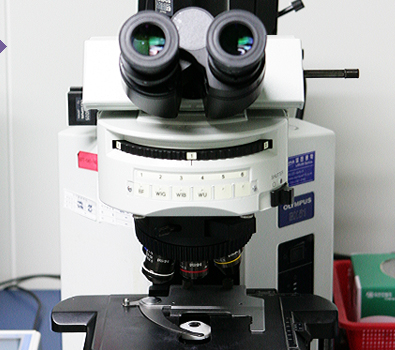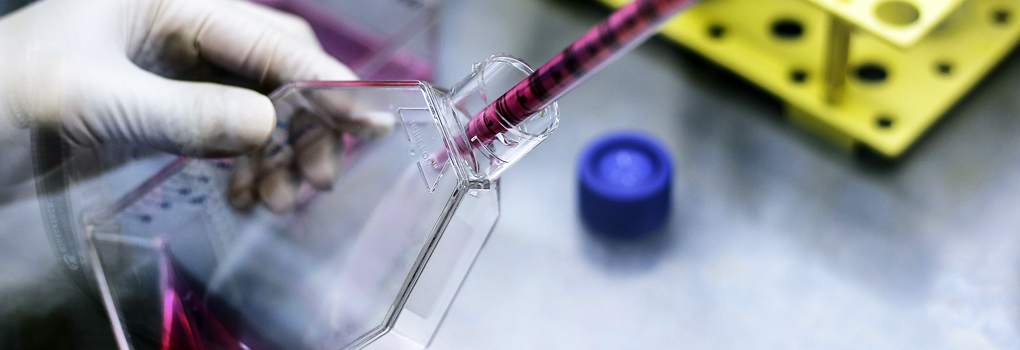BUSINESS
BUSINESSGenotoxicity studies
Introduction
Genotoxicity broadly refers to properties injurious to genetic material (DNA). Studies are categorized according to genetic mutations, chromosomal aberrations, and DNA damage or repair.
Genotoxicity studies are both essential and required in the early stages of the development of new medicines, chemicals, etc

Our Studies (Applicable to OECD, ICH, JMHW, MFDS)

Ames Test (Bacterial Reverse Mutation Assay)
The Ames test is a conventional method of determining whether a substance can cause mutations in DNA. This quick and simple biological assay uses histidine- and tryptophan-requiring bacterial strains, enabling enable observation of base-pair substitution (TA100, TA1535, WP2uvrA, WP2uvrA (pkM101), TA102, etc.) and frame-shifts (TA97a, TA98, TA1537, TA1538, etc.) at different positions on the DNA that regulate the biosynthetic enzyme system.
Data is reliably generated by an Automatic Colony Counter.
In vitroChromosome Aberration Assay
This test identifies whether substances can cause structural aberrations in the chromosomes of cultivated mammalian cells. These structural aberrations are categorized as chromosomal abnormalities and chromatid abnormalities. An increase in polyploidy may indicate that a chemical has the potential to induce numerical aberrations. In general, CHL (Chinese hamster lung) or CHO (Chinese hamster ovary) can be used to test for mammalian mutagenicity and carcinogenicity.
In vivoVivo Micronucleus Assay
The in vivo Micronucleus assay is conducted using rodents (typically rats or mice) with the aim of detecting damage caused by the test substance to the chromosomes of embryonic cells. Analyses are conducted on red blood cells collected from the marrow and/or peripheral blood cells.
Other Available Studies
- 01_Toxicokinetics and Genotoxicity Simultaneous Study
- 02_Mouse Lymphoma TK Assay